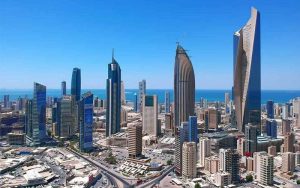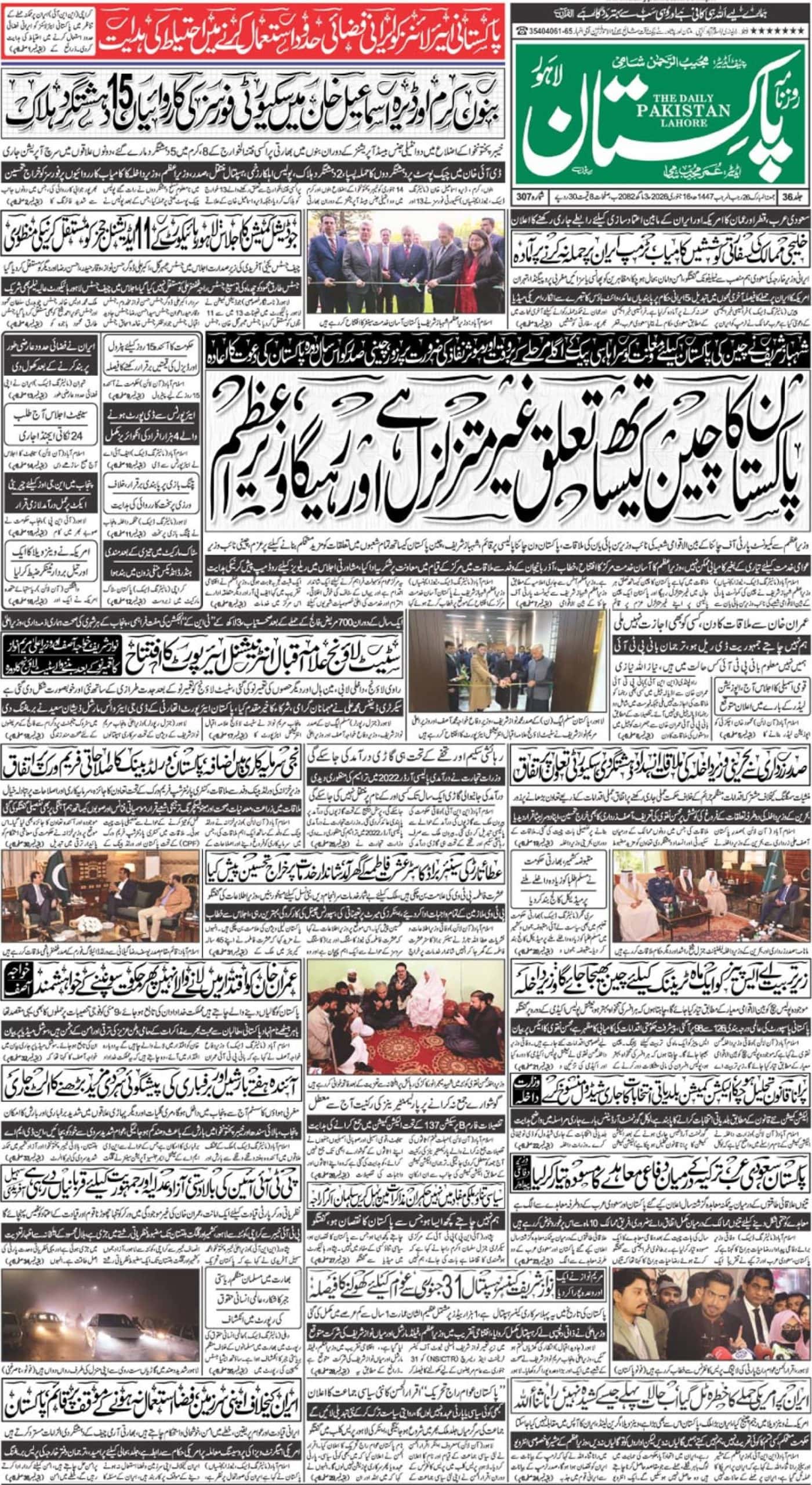SHANGHAI – Dozens of deaths from a crush in Shanghai highlight China’s enduring vulnerabilities even as the country races ahead economically, commentators say, with authorities’ management outpaced by new buildings and advanced transport.
A New Year’s Eve celebration on Shanghai’s signature waterfront Bund turned deadly, killing 36 people, most of them young women, in a city that hosted the World Expo in 2010 and where the stock market went up more than 50 per cent last year.
Shanghai has been at the forefront of China’s decades of rapid development and now boasts the world’s second-tallest building and its first commercially operated magnetic levitation — or maglev — train, part of the biggest high-speed rail network on earth.
It is the location of China’s first free trade zone and has stated intentions of becoming an “international city” and a global centre for finance, trade and shipping, echoing its history before the Communists took power in 1949.
But despite those major achievements and tall ambitions, residents question how police nevertheless failed to control the crowds that led to the New Year crush, which also injured 49.
Chinese police are not accustomed to handling spontaneous large groups in a country where the Communist authorities normally keep strict control of major gatherings.
A comment by a police officer that fewer personnel were dispatched to the Bund for New Year than China’s National Day celebration last year has stoked the controversy. “I believe this is a major case of negligence by government safety agencies,” said a microblog poster using the handle Shenshan Laohan 96886. “Because they made this wrong judgement call, didn’t take measures at the scene, it led to the tragedy.” Police have said through state media that a more-than-normal 700 officers in the area responded quickly to the incident, despite witnesses saying emergency vehicles had trouble gaining access due to the crowds. In an unusually critical commentary, China’s own official news agency Xinhua said the Shanghai stampede was a “wake-up call” over the push for economic growth at the expense of people. “The world’s second-largest economy is still a developing country which has fragile social management,” it said.
Sarfraz Ali
The writer is an Editor of Digital Media for Daily Pakistan. He can be contacted at sarfraz1168@gmail.com.













